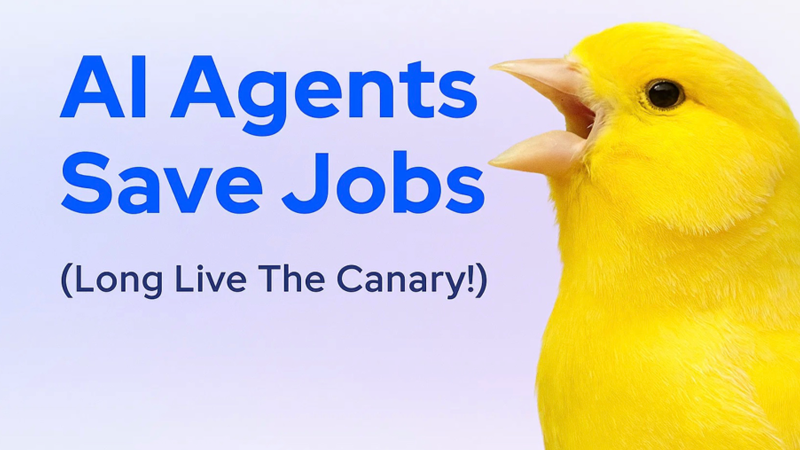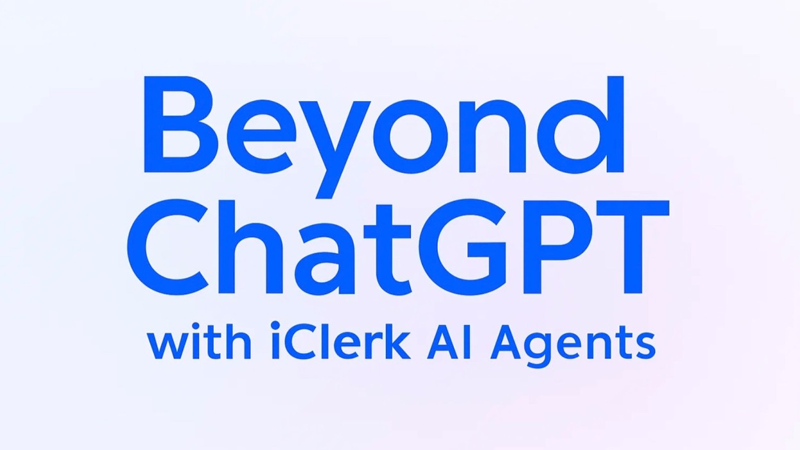
AI Agents Save Jobs

Beyond ChatGPT


How AI Agents are Rewiring the Cloud Stack
For two decades, Software-as-a-Service has delivered cloud-based tools with predictable subscriptions, at the cost of complex integrations, steep training curves, and ongoing professional services. The rise of AI Agents is fundamentally changing this equation, embedding role-based AI agents into SaaS lets organizations transform static, transaction-driven software into dynamic, conversational workflows, without rewriting code.
From Transactions to Conversations
Traditional SaaS excel with programmed tasks yet struggle with unstructured data or to provide narrative insights. AI agents process any business data, summarizing, analyzing, and explaining content in natural language while maintaining an auditable trail. Imagine a financial analyst agent that can answer portfolio questions, reconcile data across systems, and provide traceable, narrative insights, with no specialist integration or extra headcount needed.
The New Economics of Value
AI agents shift the SaaS business model from seat pricing to usage or outcome-based models. Agents automate workflows that scale efficiency with measurable business impact. As inference costs plummet, compounding faster than Moore’s Law, reasoning workflows that cost $10 today may cost cents by 2030, enabling SaaS vendors to expand access, reduce costs, and deliver greater value, paying only for actions and results.
Expanding Accessibility and Impact
AI agents democratize SaaS access. Instead of limiting usage to specialists or programmers, agentic SaaS platforms empower anyone to query, update, and model corporate data using natural language. This expands the user base from millions of programmers to billions of everyday users. While AI co-pilots and assistants provide helpful suggestions, AI agents go further to maintain context, use long-term memory, invoke specialized tools, and act autonomously with role-based permissions. Their outputs are traceable and auditable, ensuring compliance and accuracy, unlike generic LLMs that may hallucinate or forget context. This agentic approach enables real-time, ubiquitous data access without IT bottlenecks.
Looking Ahead
By 2030, processing the same million-token workload is likely to cost pennies, not dollars. As compute becomes effectively free at the margins, every CRM, ERP, database, or SaaS application, will come with role-based specialists and accounting-ready AI Agents. Companies that leverage these technologies will be able to reduce professional services costs and be able to build competitive moats around proprietary data and processes on SaaS systems you already run, through secure, documented APIs.


